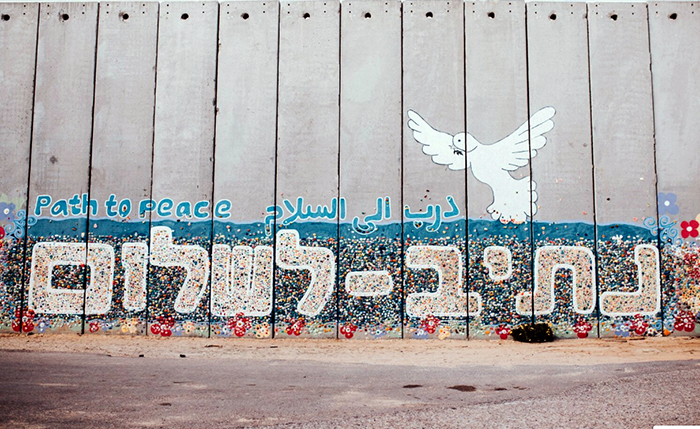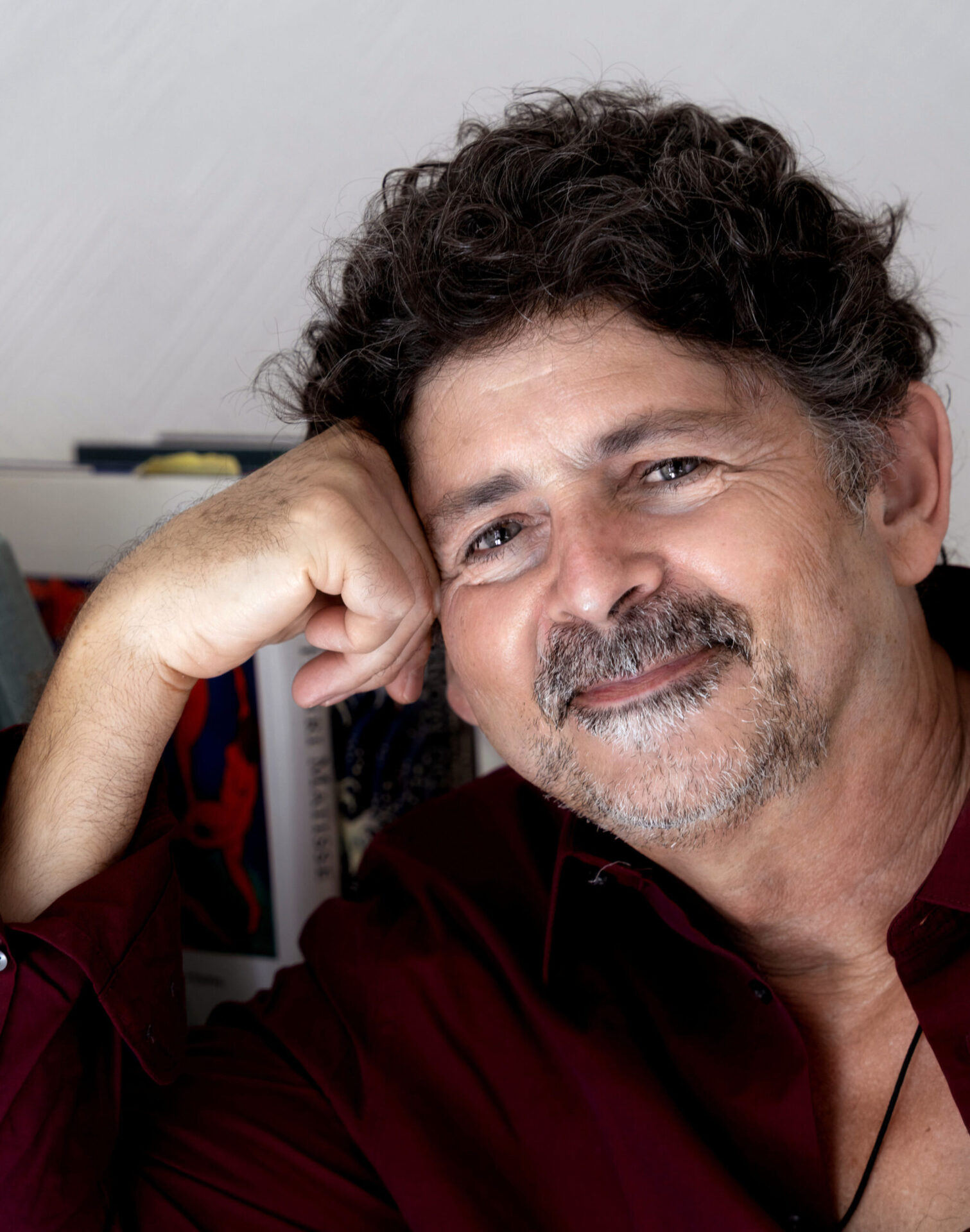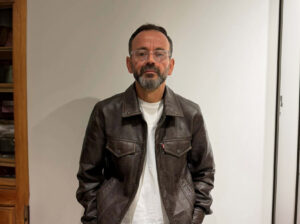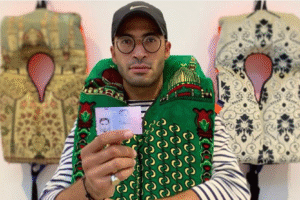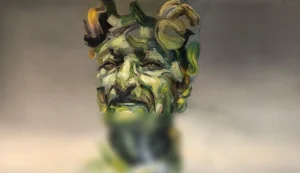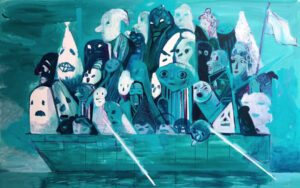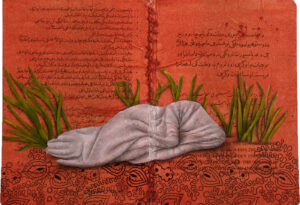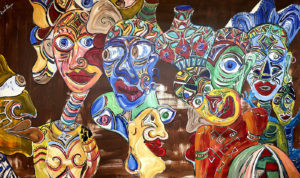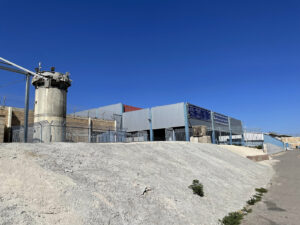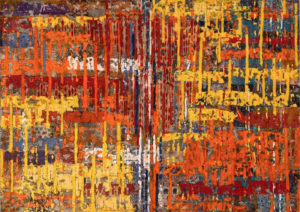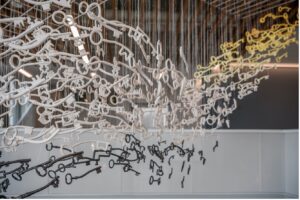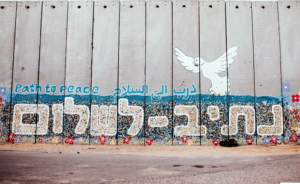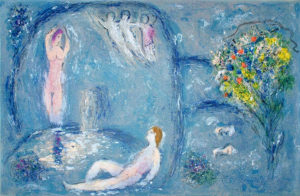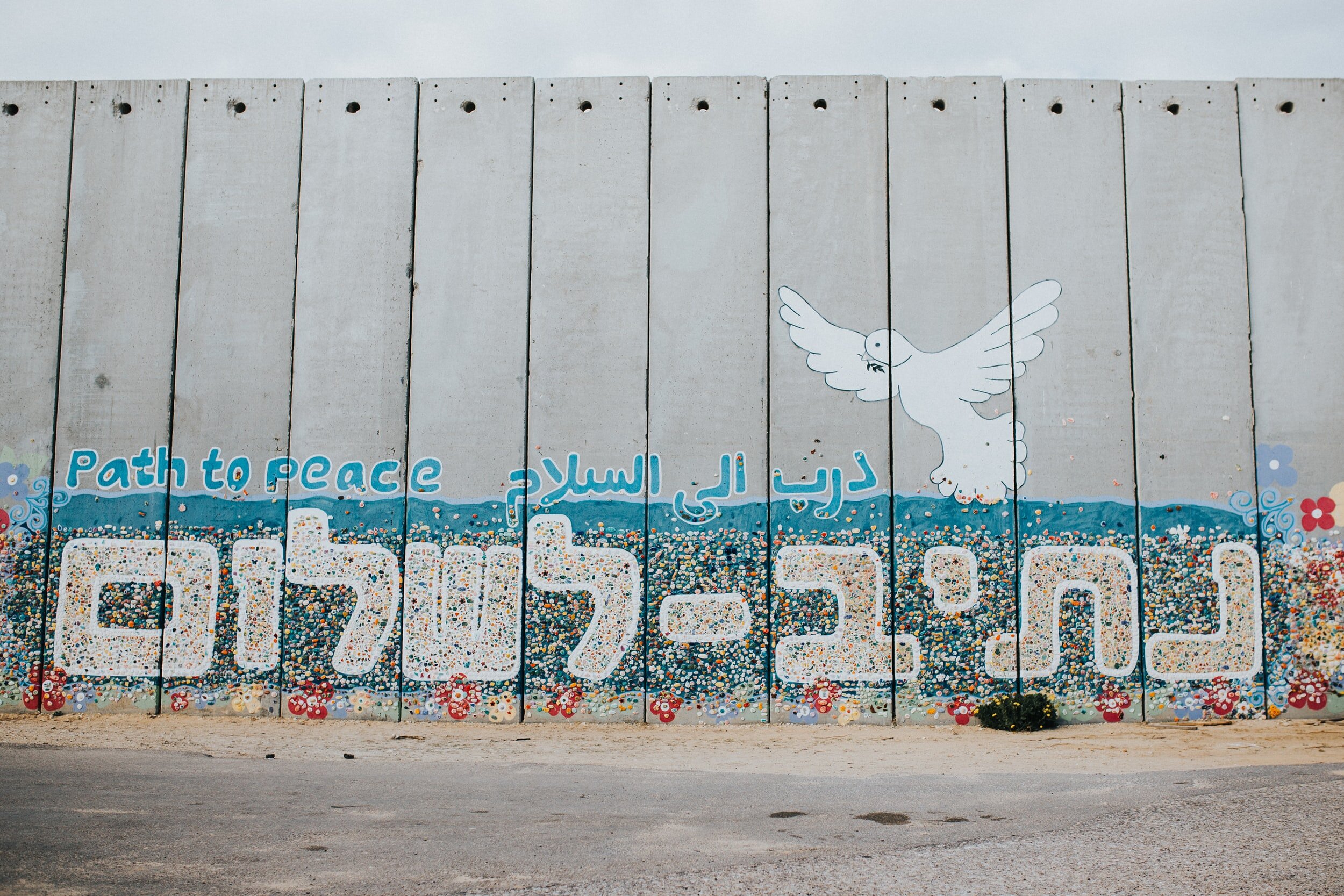
The Israel-Palestine separation wall (photo Cole Keister, Unsplash).
Editorial
“I would like to break the walls of ignorance between East and West,” said Al-Mayassa bint Hamad bin Khalifa Al-Thani, and on that we agree. Walls and barriers are what we erect when we have no words, when we fail to articulate a coherent argument or defense of our beliefs — or when we unjustly persecute another people, people we demonize for lack for a more intelligent approach, when what we need is a relationship.
Walls and borders and bombs are what we use to illustrate our fear of others, but they have never worked, because you can’t wall in, or wall out, the truth. And you know what the truth is: we are all more alike than different, and we need each other (despite what our elected, or selected, political leaders tell us) because we’re all in this together.
Israeli Jews and Palestinian Arabs, whether they live in Haifa, Lod, Ramallah or Gaza, are not ghastly aliens from two mutually-distant planets: they are flesh-and-blood people who share the same land, food, air, water and ecosphere. If Covid strikes in Tel Aviv, it lives in Jenin; if a drought befalls the West Bank, it also threatens the Galilee; and if (heaven help us) a nuke goes off anywhere in the region, everyone is finished.
Walls enclose and separate us, they prevent us from seeing each other when what we most need is to understand the human condition, and how we can reach peak human intelligence while saving the planet. I would argue that we will not be able to save the planet unless and until we reach peak human intelligence — which means the clock is ticking for us to end racism and colorism (perhaps the stupidest human failing of many). We’ve got to stop demonizing each other, regardless of our differing appearances, religions, history or political beliefs.
It sounds obvious and trite, but we must watch out for and take care of each other. Alas, walls are what happens when the pandemic adversely affects mostly women and people of color, as the World Economic Forum found in March — and as the Washington Post reported, the pandemic could set women back by an entire generation. The question is, what are WE going to do about it? And how will we right the imbalances faced by people of color — and when can we eliminate once and for all white supremacism?
In the ninth issue of The Markaz Review, we asked artists, writers and photographers to consider the matter of walls and borders, internal and external, literal and figurative. This month’s centerpiece features the art and words of Tom Young and critic Ziad Suidan, as they describe the revival project of Saida, Lebanon’s 300-year-old Hammam Al Jadid, “a place where the Muslim, Christian and Jewish communities would gather to cleanse and attend one another’s ritual wedding ceremonies before it closed in 1949.”
We also look at the worldwide mural campaign Education is Not a Crime, spearheaded by Maziar Bahari and Off-Centre Productions on behalf of the Baha’i community, in an effort to speak out about Iran’s persecution of its largest religious minority. In her essay “Panopticon of Kashmir,” Ifat Gazia remembers her youth and exile from her hometown, as Kashmir remained under siege by Indian security forces. And with “Beautiful/Ugly: Against Aestheticizing Israel’s Separation Wall,” Malu Halasa revisits the question of whether walls, borders and barriers should ever be dressed up to disguise their true intent. In “The Murals of Yemen’s Haifa Subay” contributor Farah Abdessamad interviews one of Yemen’s most fearless feminists, who as a street artist attempts to capture the heart and soul of people who have lived with war and famine for years. In “Between Thorns and Thistles in Bil’in,” muralist Francisco Letelier recalls his sojourn in the West Bank, leading the townspeople in painting their own walls with images and words of hope and resistance. And in “The Wall We Can’t Tell You About,” artist Jean Lamore briefly describes one of the world’s largest and least-known separation walls, between Morocco and the Western Sahara.
In “Is Tel Aviv’s Neve Tzedek, Too, Occupied Territory?” Taylor Miller explores the aesthetics of gentrification and the “settler colonial hydra that continually displaces, erases, and reinscribes Palestinian space.” Chef Fadi Kattan contributes with “Maqloubeh Behind the Wall in Bethlehem.” And with “From Damascus to Birmingham: a Selected Glossary,” British writer and activist Frances Zaid describes in epistolary fashion the language barriers in her blooming relationship (leading to marriage and kids) with a three-time refugee from the Yarmouk Camp.
TMR publishes an exclusive excerpt from Todd Miller’s new book Build Bridges, Not Walls with the chapter, “We Are All at the Border Now.” We are also pleased to publish poet Sholeh Wolpé’s “The World Grows Blackthorn Walls” and a new short story from Aida Y. Haddad, “A Home Across the Azure Sea,” along with an essay entitled “The Bathing Partition,” in which, in a creative exploration of identity and homelessness, Sheana Ochoa faces her own inner walls. Finally, photographer Claudia Wiens shares with us her kinetic mural and youth culture photos, shot in Libya and Tunisia from 2012 to 2014.
Come to our WALLS issue with an open mind and generous spirit, and if so inspired, leave us your comments in the Disqus section at the end of each contribution. Thanks for reading and supporting The Markaz Review.
—Jordan Elgrably



